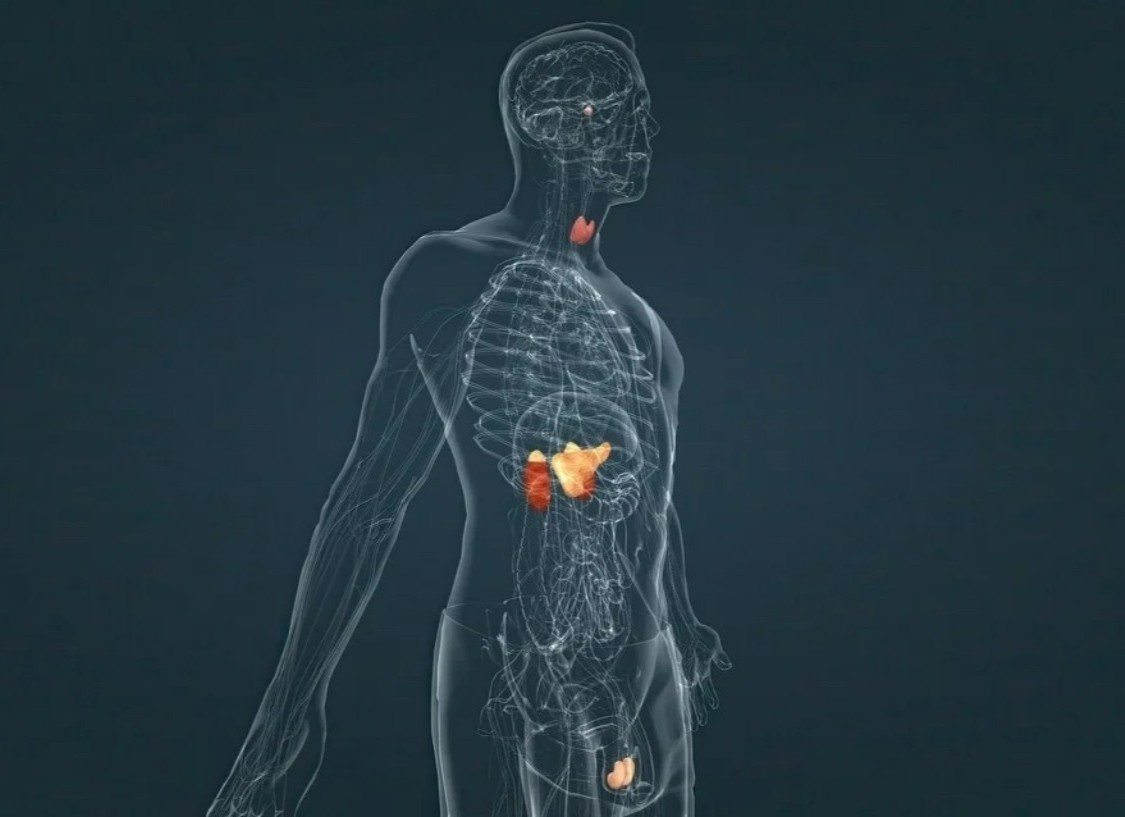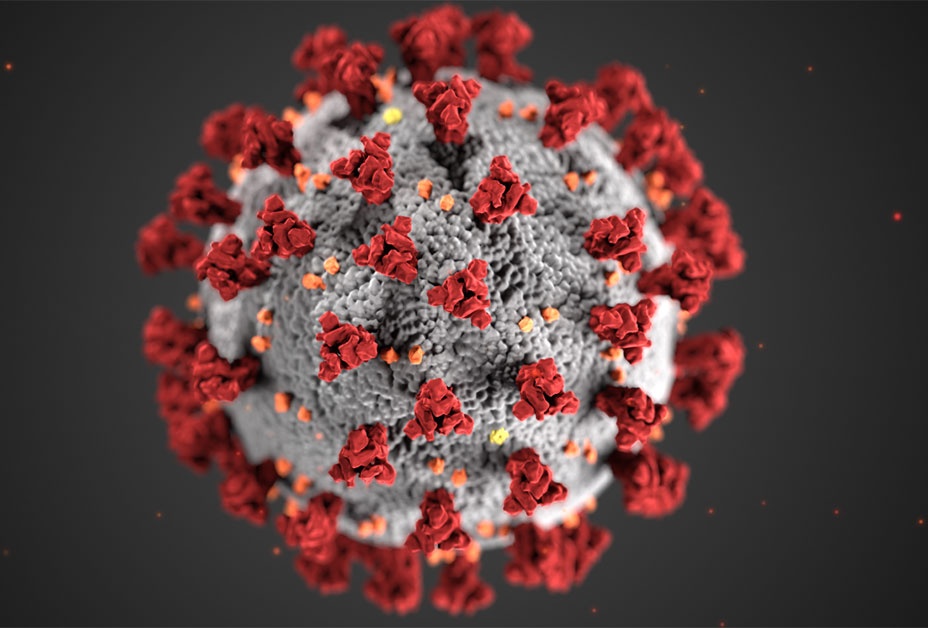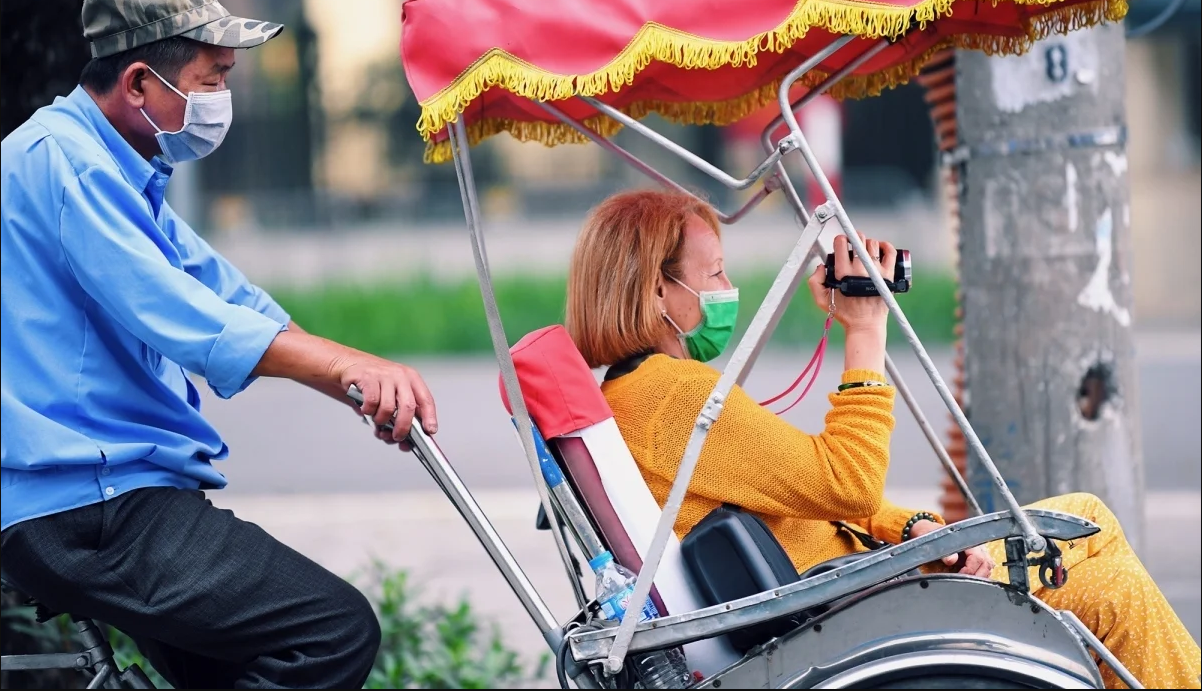Effects of the SARS-CoV-2 virus on the human endocrine system
- News Medical page reports that a new study published in Microorganisms shows that scientists have discovered how the SARS-CoV-2 virus causes endocrine disease in humans.

Accordingly, the study said that normally, viruses can cause temporary or permanent damage to endocrine organs by directly attacking endocrine cells or through indirect mechanisms.
In this way, the virus will trigger an anti-viral immune response in the host body, leading to local, systemic or autoimmune inflammation and causing certain endocrine diseases.
The synthesis of more data on them will open new avenues for the management of endocrine diseases. In particular, SARS-CoV-2 and SARS-CoV are two viruses of special interest to scientists.
- How does the SARS-CoV-2 virus cause endocrine disease?
- News Medical page reports that the two viruses SARS-CoV-2 and SARS-CoV have 80% similar characteristics and enter host cells by binding their spike protein (S) to the angiotensin-converting enzyme 2 ( ACE2). This is evident in several endocrine glands such as the hypothalamus, pituitary, thyroid and adrenal glands.
In particular, the SARS-CoV-2 virus often disrupts the hypothalamic-pituitary-adrenal (HPA) spindle and the human neuroendocrine system. It regulates homeostasis by stimulating the hypothalamus to secrete corticotropin-releasing hormone (CRH). In addition, it also stimulates the anterior pituitary to secrete adrenocorticotropic hormone (ACTH) and stimulates the secretion of cortisol from the adrenal gland.
Infection with SARS-CoV-2 will cause disturbances in levels of prolactin, growth hormone (GH), luteinizing hormone (LH), and thyroid-stimulating hormone (TSH). Not only that, infection with SARS-CoV-2 also increases serum interleukin-6 (IL-6) levels and hyponatremia, a symptom of electrolyte disturbances. Increased levels of Il-6 also cause thyrotoxicosis and low serum TSH in patients with Covid-19.

- How does SARS-CoV-2 affect the endocrine system?
- SARS-CoV, SARS-CoV-2 both have amino acid sequences of the host ACTH to trigger the production of antibodies against the virus. News Medical page reports that many studies have used immunohistochemistry and found SARS-CoV-2 in the pancreas of patients who died of Covid-19 (in both exocrine and endocrine cells). .
Recent ex vivo studies have also shown that SARS-CoV-2 can multiply in human islets, damaging beta-cell function (including glucose-stimulated insulin secretion).
- The decrease in testosterone hormone levels in men with Covid-19 shows that the function of Leydig cells is defective. Similarly, if women have Covid-19, they are more likely to experience irregular periods or irregular periods. Even in prolonged cases of Covid-19, they bleed after menopause.
- The News Medical page explains that this may be due to the sudden change in sex hormones during Covid-19. Accordingly, doctors have used steroids and low molecular weight heparin (LMWH), to control hyperglycemia and insulin resistance in many patients with severe Covid-19.
However, LMWH is not necessarily a good treatment. Although LMWH has a substance that prevents rapid blood clotting when patients with Covid-19 are critically ill, interfering with thyroid hormones is unlikely to occur in serum production. Therefore, News Medical site considers it important to monitor the endocrine disease status of patients with Covid-19.
* SOURCE: https://zingnews.vn/anh-huong-cua-virus-sars-cov-2-den-he-thong-noi-tiet-con-nguoi-post1399021.html









 Facebook
Facebook
 Tweet
Tweet
 Zalo
Zalo







 News
News

















 Sign in with Facebook
Sign in with Facebook
 Sign in with Google
Sign in with Google